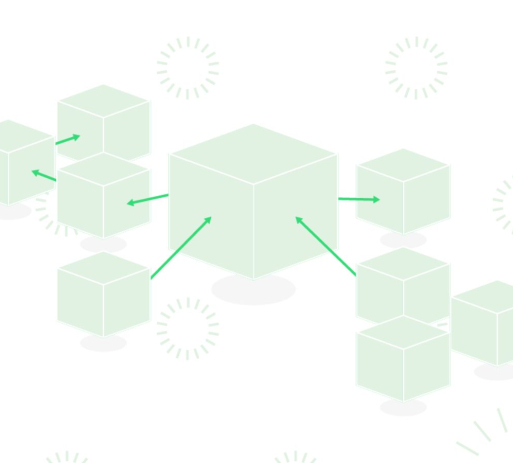Webinar – European Dataspaces: concept and relevance
European Dataspaces: “Introducing the concept and relevance in today’s world” webinar organised and hosted by Data.Europa.eu presented the European Commission’s staff working document on data spaces was held on the 12th of May 2023.
The webinar focused on presenting common European data spaces. The main idea is to create a common wide European dataspace across different sectors that allow for a trustworthy and secure way of sharing the data. Common European data spaces will enhance the development of new data-driven products and services in the EU and thereby create the core tissue of an interconnected and competitive European data economy.
Data spaces are like fish markets and can be defined as a federal data ecosystem based on shared policies and rules. The users of such data spaces are enabled to access data in a secure, transparent, trusted, easy, and unified way.
There will be a total of nine common European dataspaces developed according to the highest standards for cyber-security. Those spaces are in the following industries:
- A Green Deal data space, to use the major potential of data in support of the Green Deal priority actions on issues such as climate change, circular economy, pollution, biodiversity, and deforestation.
- A Mobility data space, to position Europe at the forefront of the development of an intelligent transport system
- A Health data space is essential for advances in preventing, detecting, and treating diseases as well as for informed, evidence-based decisions to improve the healthcare systems.
- A Financial data space, to stimulate innovation, market transparency, sustainable finance, as well as access to finance for European businesses and a more integrated market.
- An Energy data space, to promote a stronger availability and cross-sector sharing of data, in a customer-centric, secure, and trustworthy manner.
- An Agriculture data space, to enhance the sustainability performance and competitiveness of the agricultural sector through the processing and analysis of data
- Data spaces for Public Administrations, to improve transparency and accountability of public spending and spending quality, fighting corruption, both at the EU and national level
- A Skills data space, to reduce the skills mismatches between the education and training systems and the labor market needs.
More information about other trainings of the European Union Data Academy HERE.





